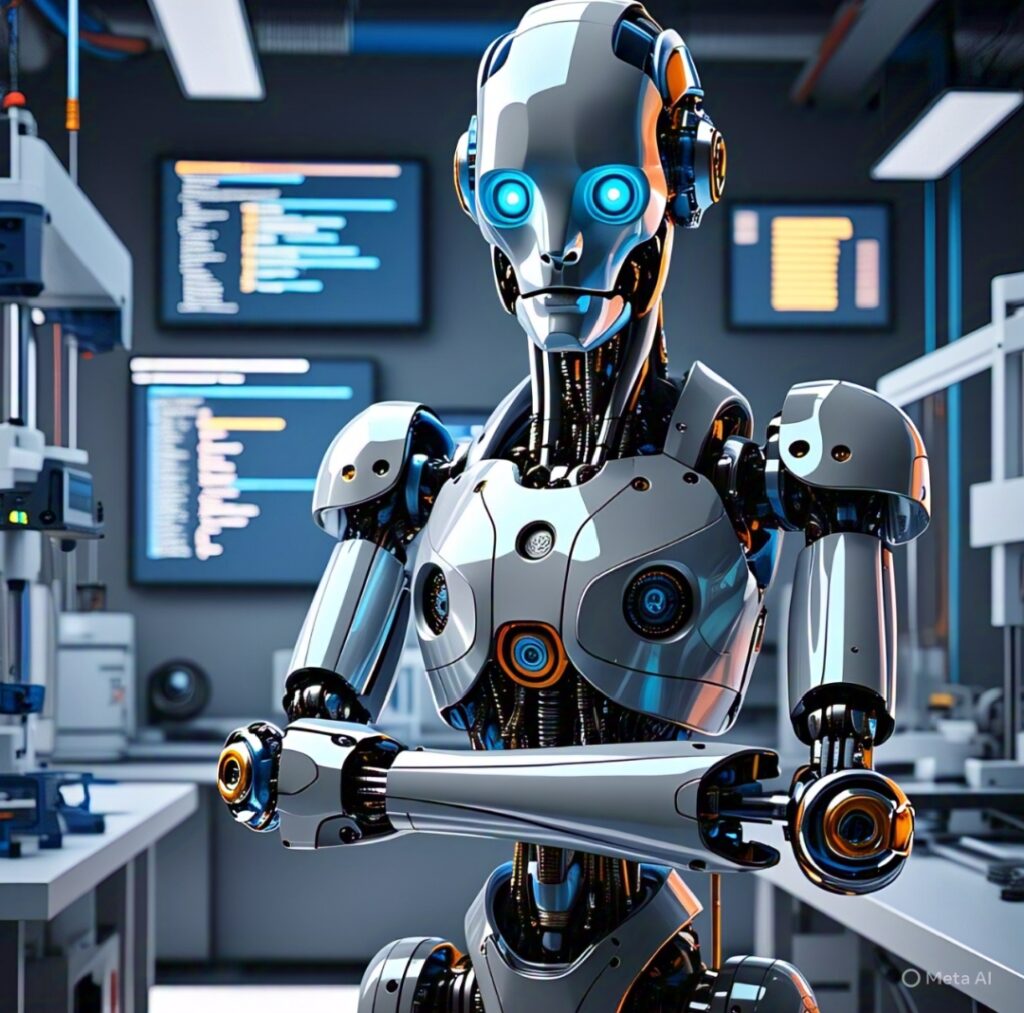Robotics: A World of Innovation and Possibilities

Robotics is a rapidly evolving field that combines engineering, computer science, and artificial intelligence to design, build, and operate robots. These machines are capable of performing a wide range of tasks, from simple and repetitive to complex and dynamic, with precision, speed, and accuracy. Robotics has transformed industries such as manufacturing, healthcare, and logistics, and has opened up new possibilities for innovation and growth. From humanoid robots that can walk and talk like humans to industrial robots that can assemble and inspect products, robotics is revolutionizing the way we live and work.
Applications of Robotics
- Industrial Automation: Robots are used in manufacturing to perform tasks such as assembly, welding, and inspection.
- Healthcare: Robots are used in hospitals to assist with surgeries, patient care, and rehabilitation.
- Service Robotics: Robots are used in service industries such as retail, hospitality, and tourism.
- Autonomous Vehicles: Robots are used in self-driving cars and drones to navigate and interact with their environment.
Benefits of Robotics
- Increased Efficiency: Robots can perform tasks with precision and speed, improving productivity and efficiency.
- Improved Safety: Robots can perform tasks that are hazardous or difficult for humans, improving safety and reducing risk.
- Enhanced Quality: Robots can perform tasks with consistency and accuracy, improving quality and reducing defects.
The Future of Robotics
As robotics technology continues to evolve, we can expect to see even more innovative applications and uses. From robots that can learn and adapt to new situations to robots that can interact with humans in more natural and intuitive ways, the future of robotics is exciting and full of possibilities.
FAQs
- What is robotics?
- Robotics is a field of engineering and computer science that deals with the design, construction, and operation of robots.
- What are the applications of robotics?
- Robotics has applications in industries such as manufacturing, healthcare, and logistics.
- What are the benefits of robotics?
- The benefits of robotics include increased efficiency, improved safety, and enhanced quality.
- What is the future of robotics?
- The future of robotics is exciting and full of possibilities, with robots that can learn and adapt to new situations and interact with humans in more natural and intuitive ways.
- Can robots think and learn like humans?
- While robots can be programmed to perform complex tasks and learn from data, they do not possess consciousness or intelligence like humans.